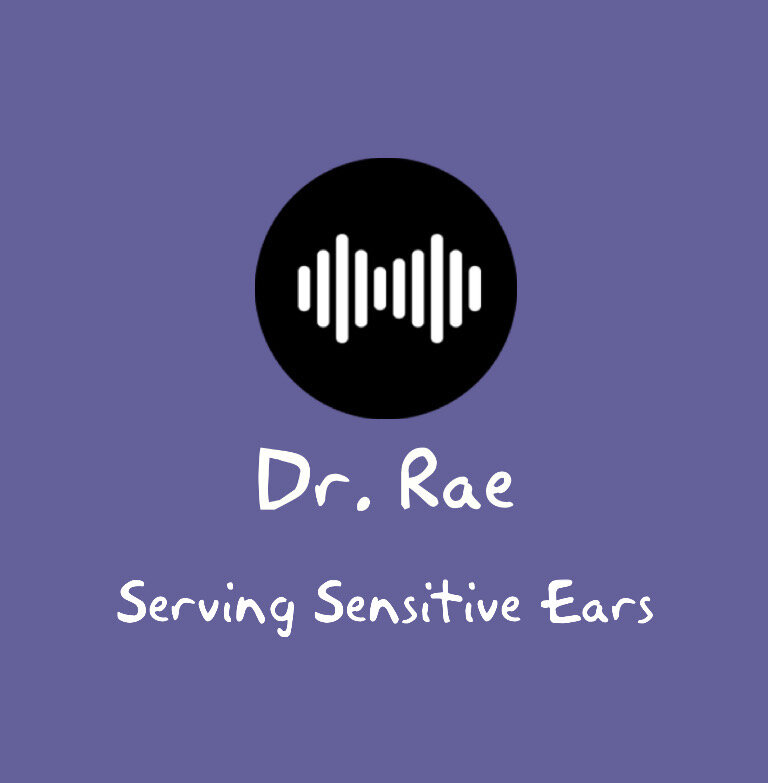Why is my child strong in expressive language, yet weak in receptive?
In the realm of speech and language evaluation, disparities between a student's expressive and receptive language abilities can often raise questions and concerns for parents, educators, and speech-language pathologists alike. When a child performs considerably better in expressive language tasks than in receptive language tasks, as seen on speech and language assessments such as the Clinical Evaluation of Language Fundamentals (CELF), it's may be a signal that warrants a deeper investigation into the underlying causes.
The Role of Hearing and Auditory Processing
One of the foundational elements that can contribute to this discrepancy is the child's hearing and auditory processing capabilities. While hearing screenings play a crucial role in early detection of hearing loss, they often provide just a snapshot of a child's auditory abilities at a specific point in time. This "snapshot" may not adequately capture fluctuating conditions or the child's hearing history, which can significantly impact language development.
Fluctuating Hearing Loss: Children with a history of fluctuating hearing loss, often due to recurrent middle ear infections, experience temporary but impactful reductions in their hearing sensitivity. This can affect their ability to consistently access the auditory information necessary for developing robust receptive language skills.
Ototoxicity, Jaundice, and Anoxia: Exposure to ototoxic substances, experiences of jaundice, or anoxia at birth can also influence auditory function, potentially leading to conditions that are not immediately evident through standard hearing screenings.
Auditory Processing Disorders and Auditory Neuropathy: Beyond the ears themselves, auditory processing disorders (APD) and auditory neuropathy represent conditions where the brain's ability to interpret sounds is impaired, despite the presence of normal peripheral hearing. These disorders can significantly hinder a student's receptive language abilities, as they impact the brain's capacity to process and make sense of auditory input.
Why Expressive Language May Be Less Affected
Expressive language—that is, the ability to use words, sentences, gestures, and writing to convey meaning—can often remain relatively strong in students with these auditory challenges. This is because expressive language development also relies on internal cognitive processes, visual cues, and feedback mechanisms that are less dependent on the subtleties of auditory input that affect receptive language. In other words, a child might still effectively express themselves, even while struggling to understand or process incoming auditory information.
The Importance of Comprehensive Evaluation
Given the complex nature of these challenges, it's imperative for students displaying a significant gap between their expressive and receptive language abilities to undergo both a thorough hearing evaluation and an in-depth auditory processing evaluation. These assessments go beyond the limitations of a basic hearing screening to explore the child's auditory history, current auditory processing capabilities, and the potential impact of past auditory experiences, including auditory deprivation.
A comprehensive hearing evaluation can identify any current hearing loss, including conditions that might have fluctuating characteristics or may not have been evident at the time of standard screenings. Meanwhile, an auditory processing evaluation delves deeper into how effectively a child's brain is interpreting auditory signals, identifying specific areas of difficulty that could be contributing to receptive language challenges.
Recommendations for Support
Identifying the root causes of the discrepancy between a child's expressive and receptive language abilities is the first step towards providing effective support.
Based on the outcomes of these evaluations, interventions might include:
Use of hearing aids or assistive listening devices to address hearing loss.
Speech-language therapy focusing on strengthening receptive language skills.
Strategies to improve auditory processing, such as auditory training exercises or environmental modifications to reduce background noise.
Educational accommodations, including preferential seating or the provision of written instructions, to support comprehension in the classroom.
In conclusion, a gap between expressive and receptive language skills in students warrants a comprehensive approach to evaluation and intervention.
By addressing hearing and auditory processing challenges head-on, we can pave the way for more effective communication and learning experiences for these children, ensuring they have the support they need to thrive both academically and socially.
